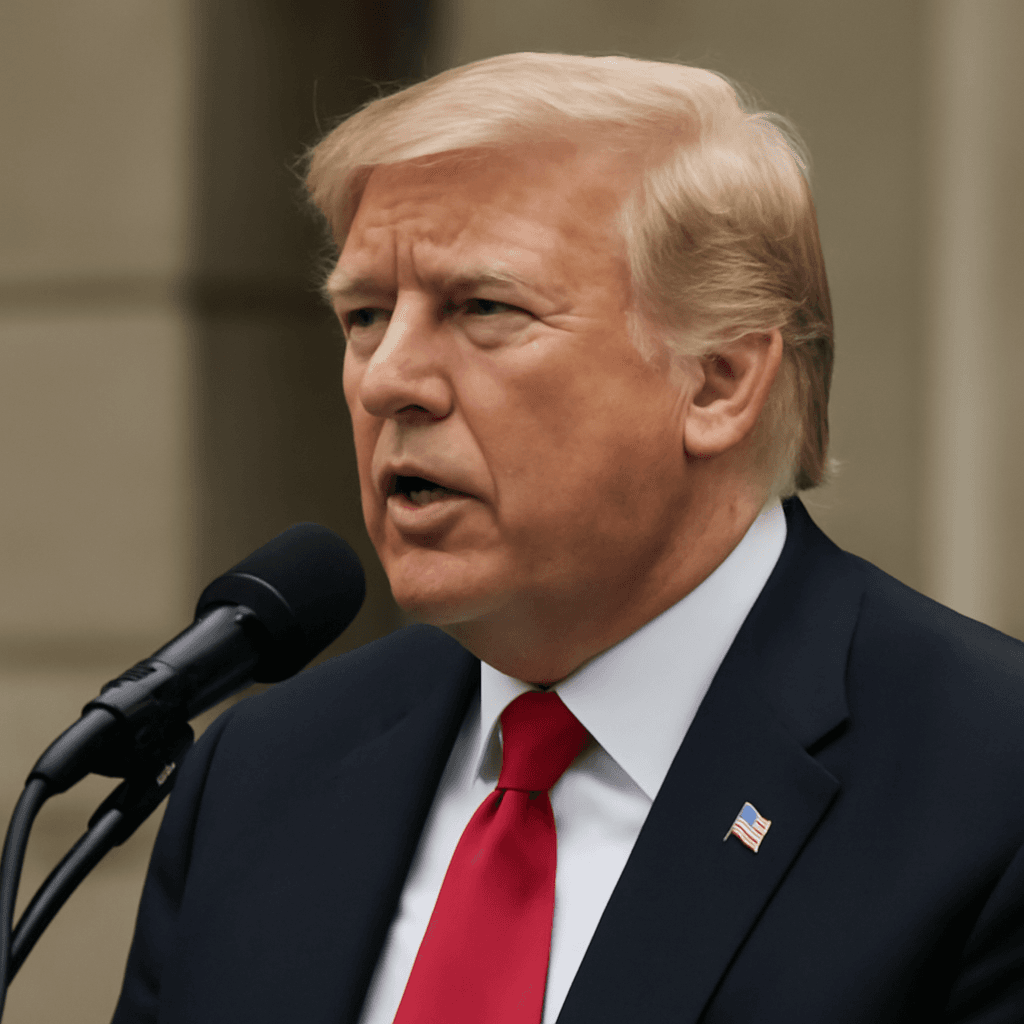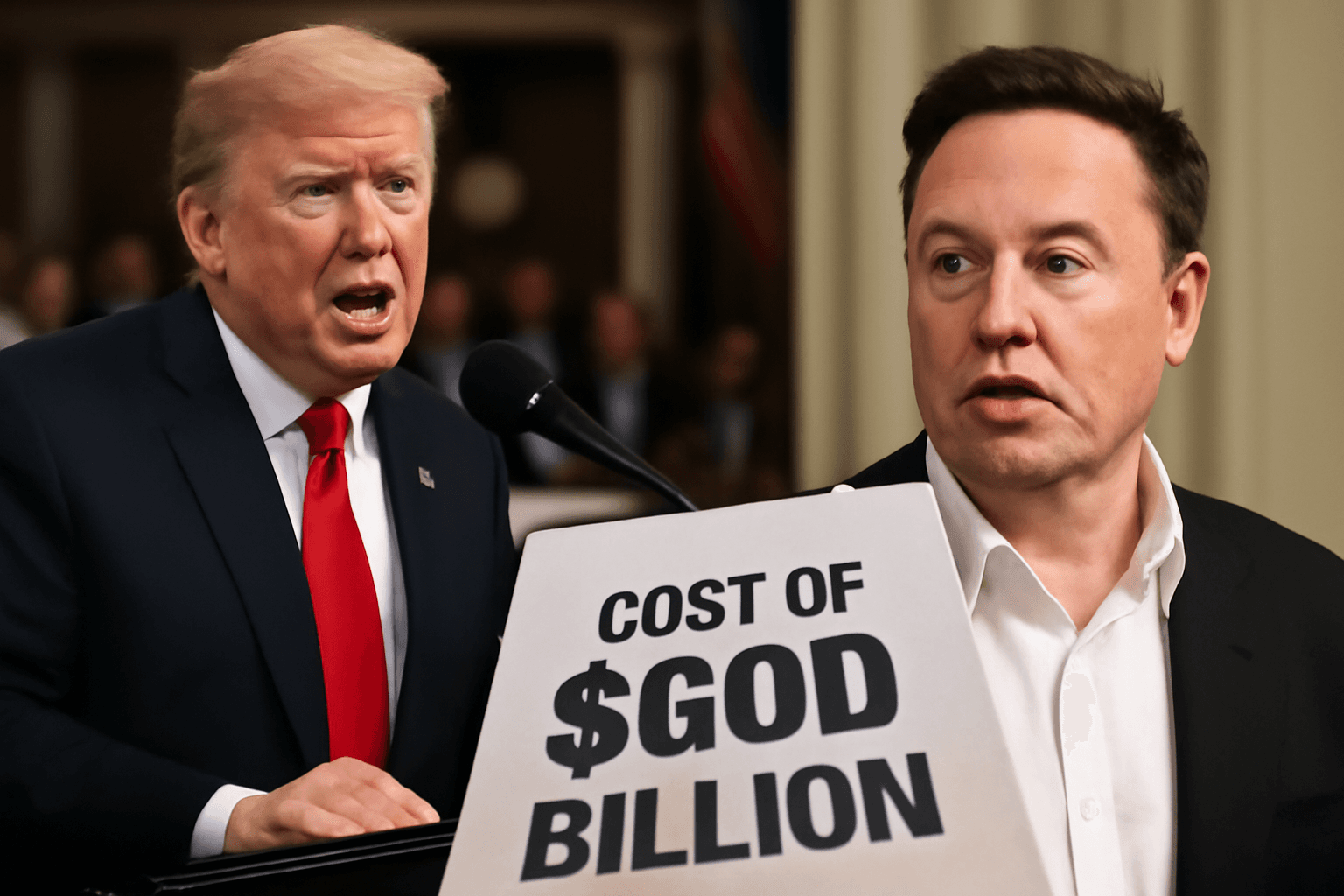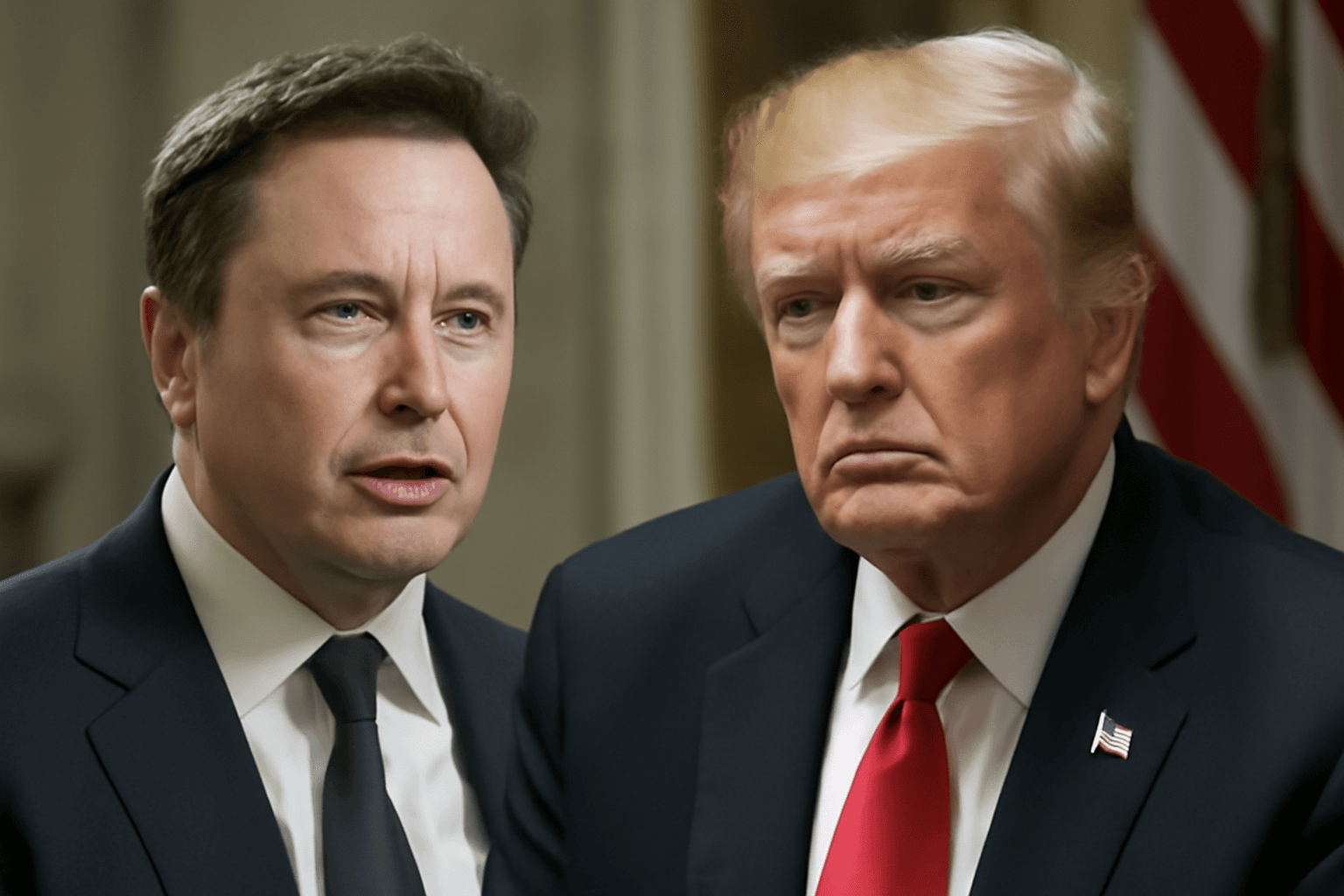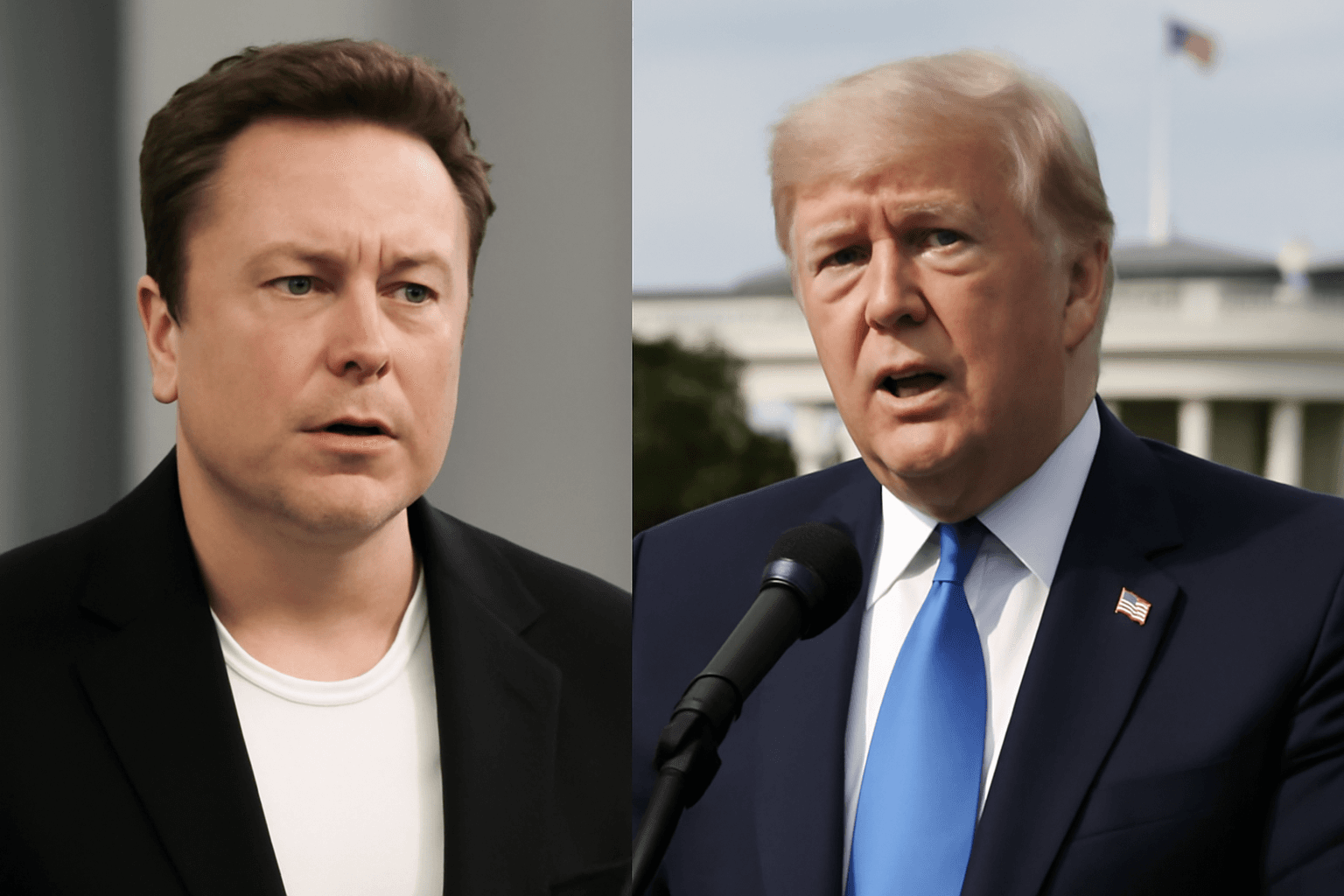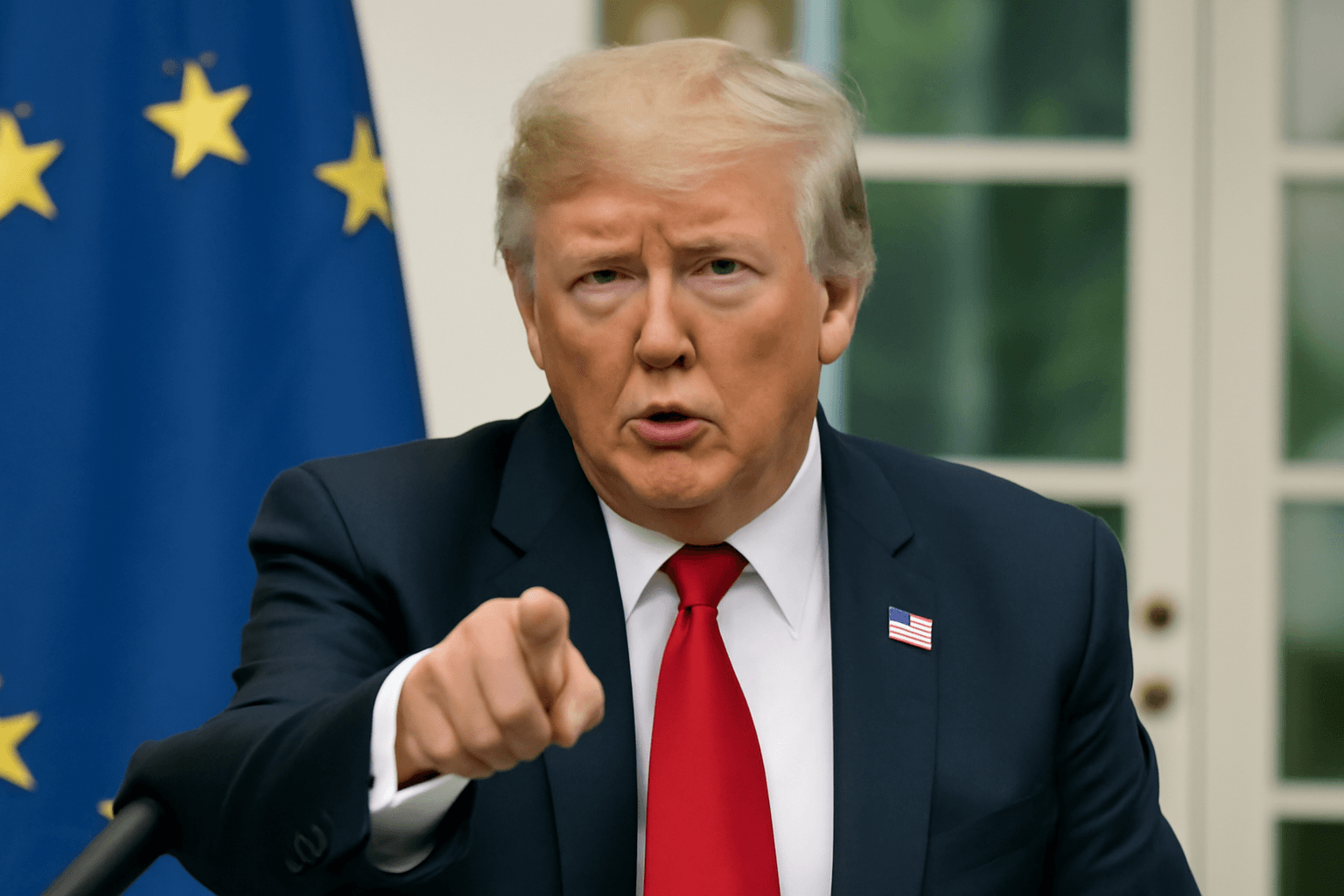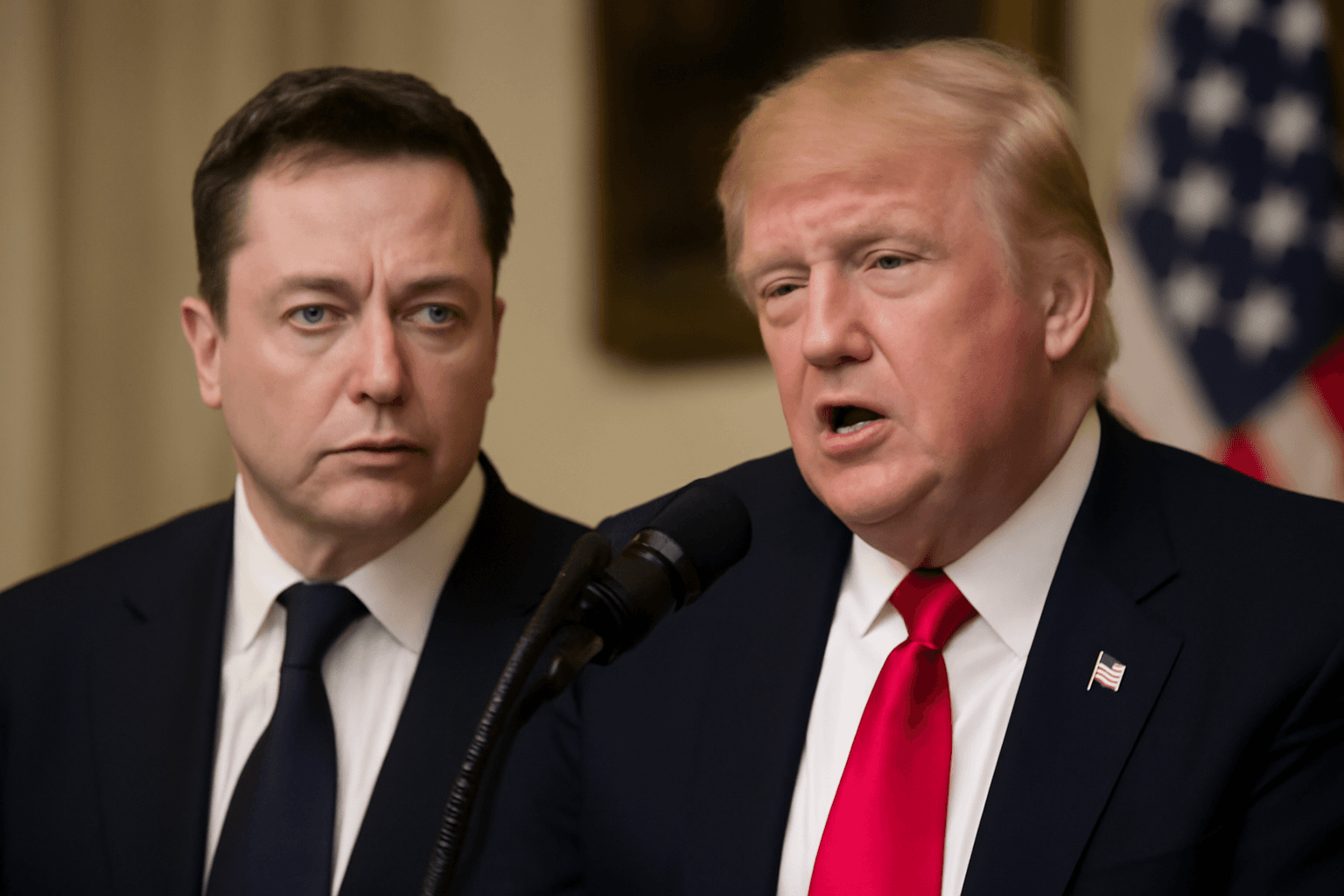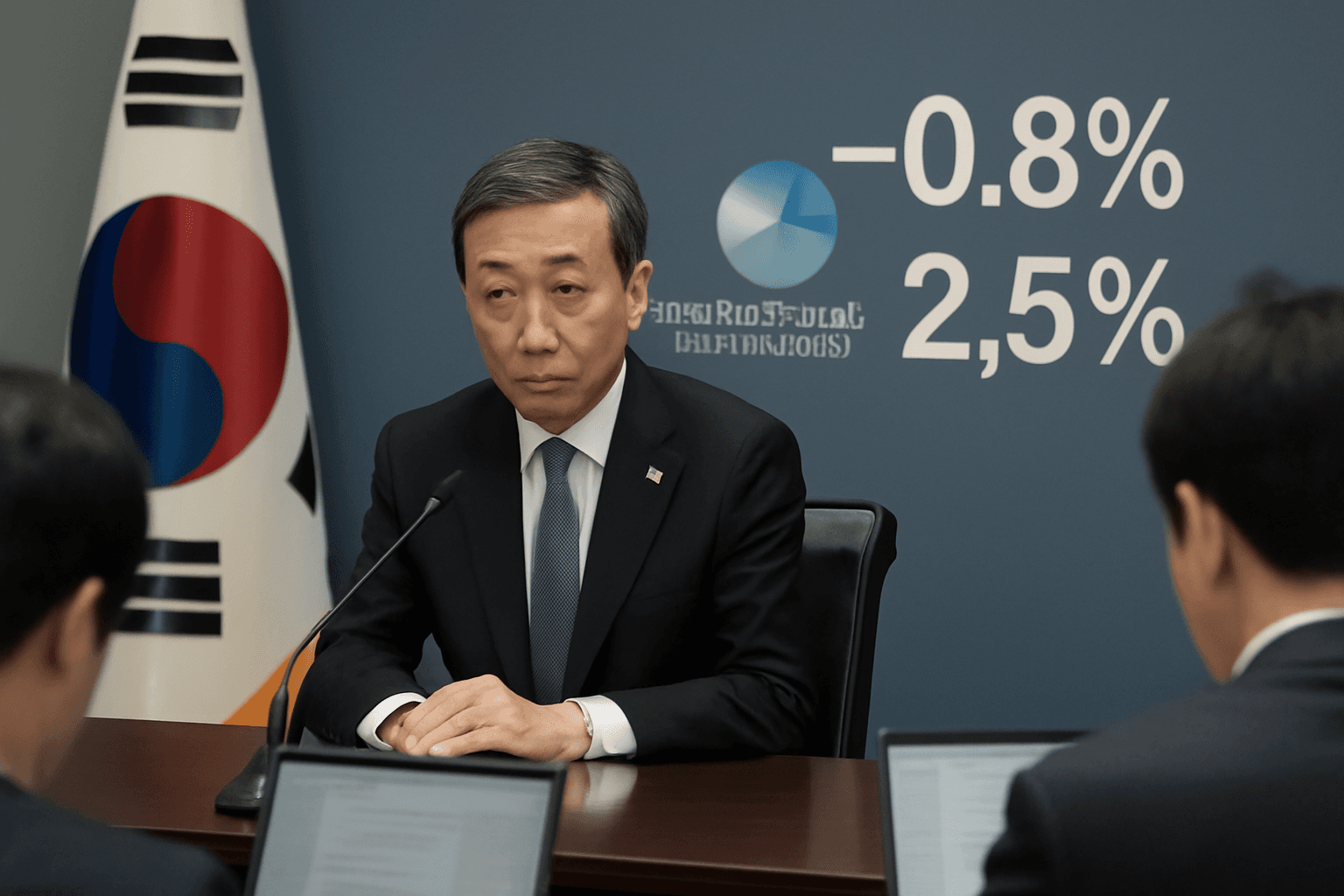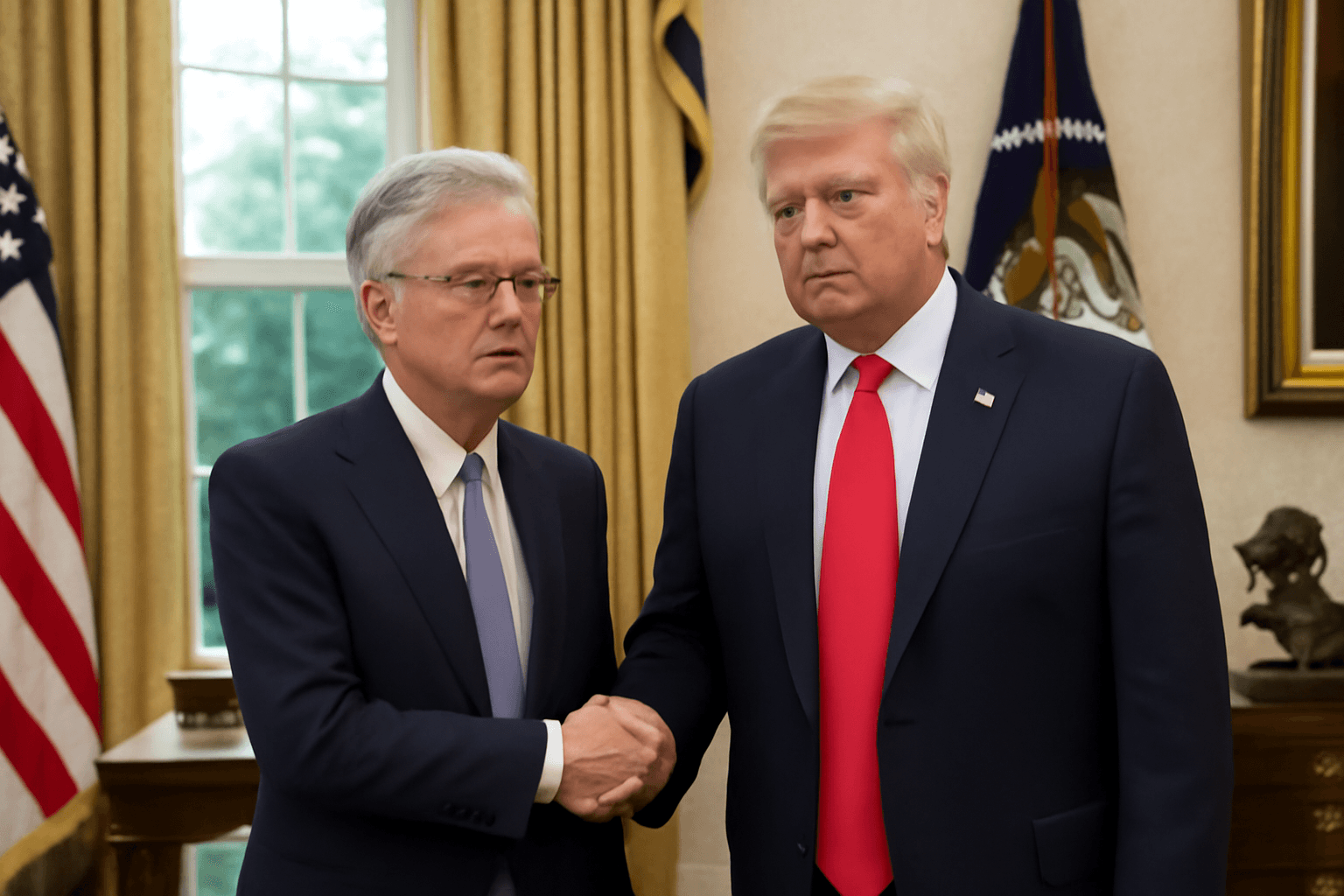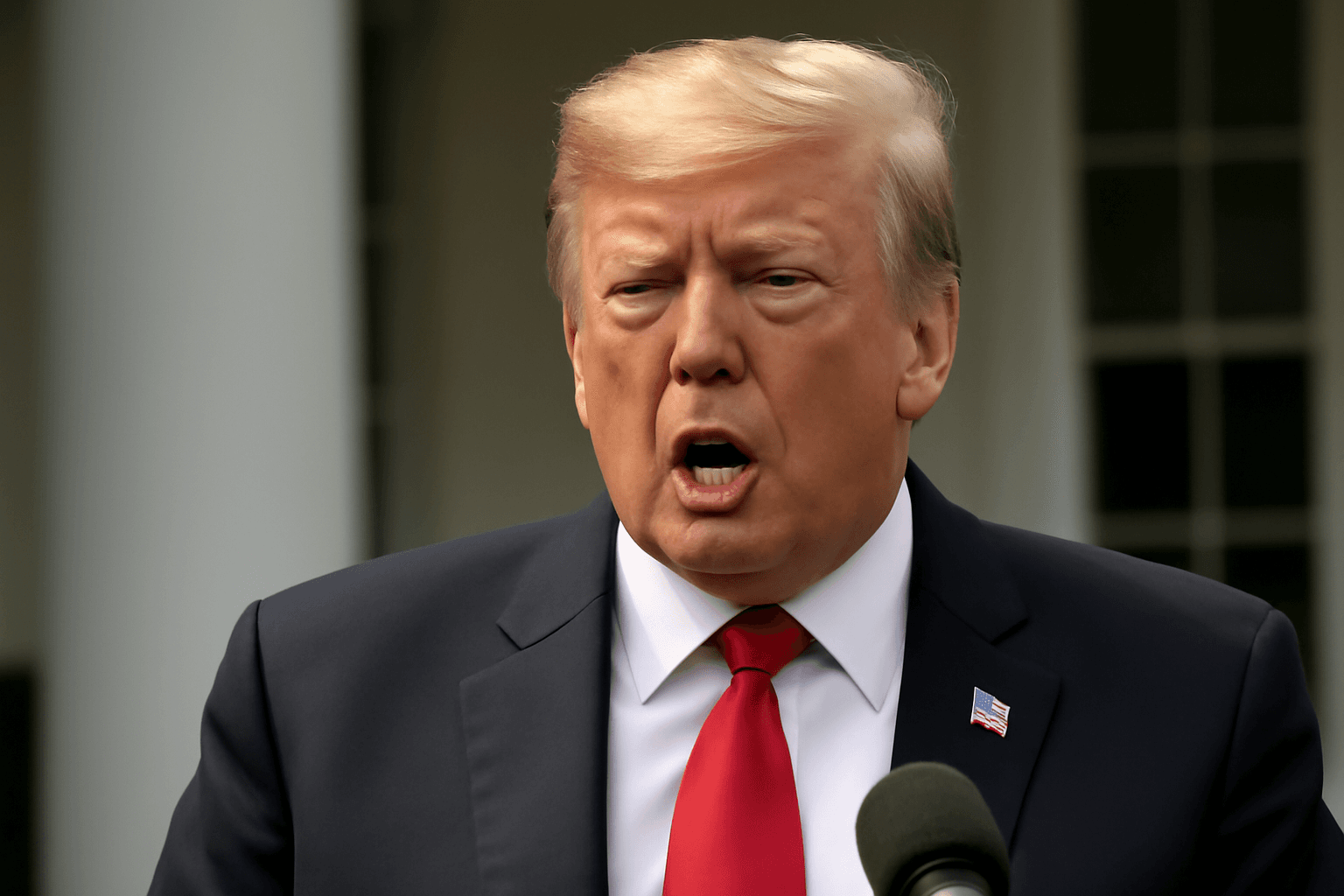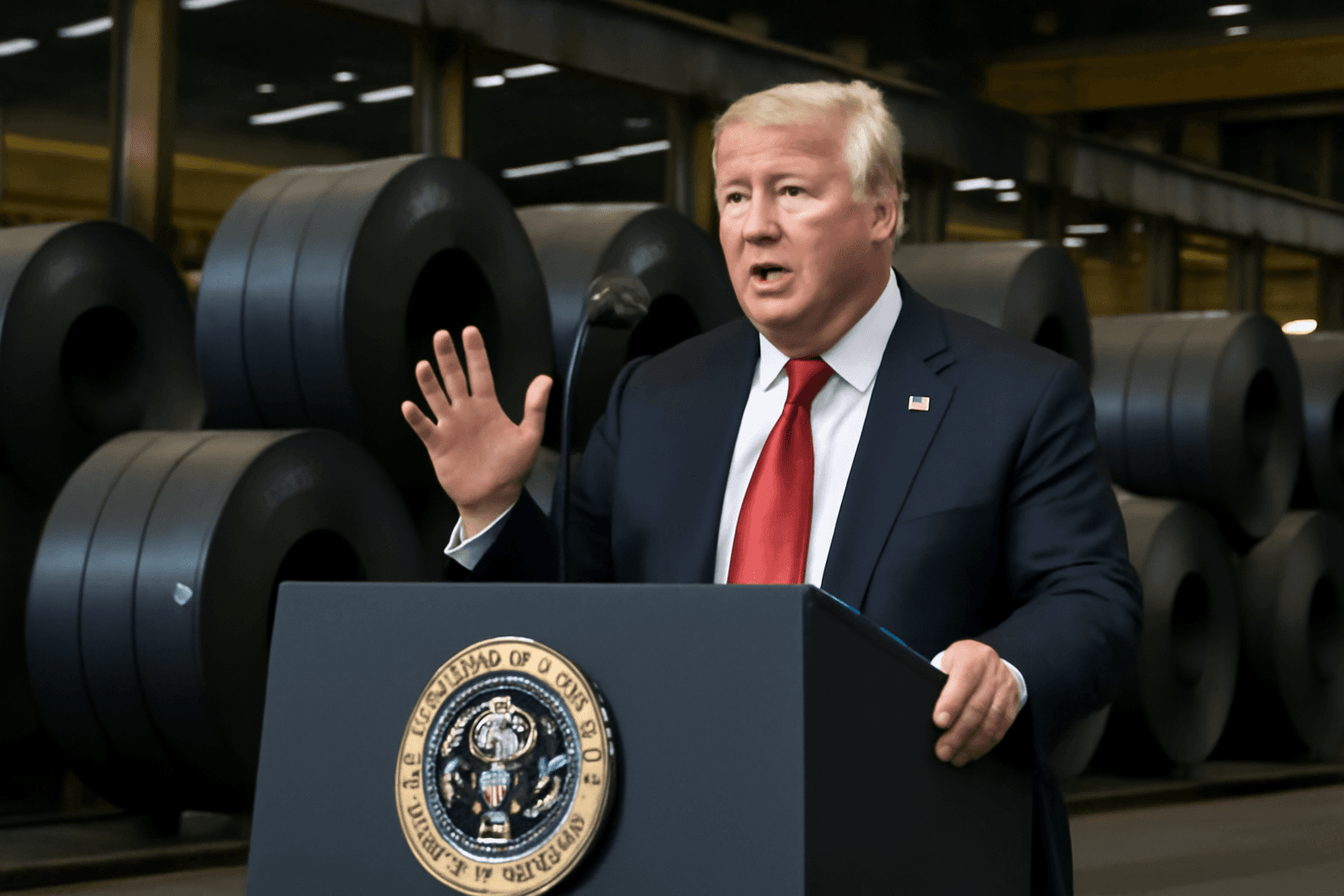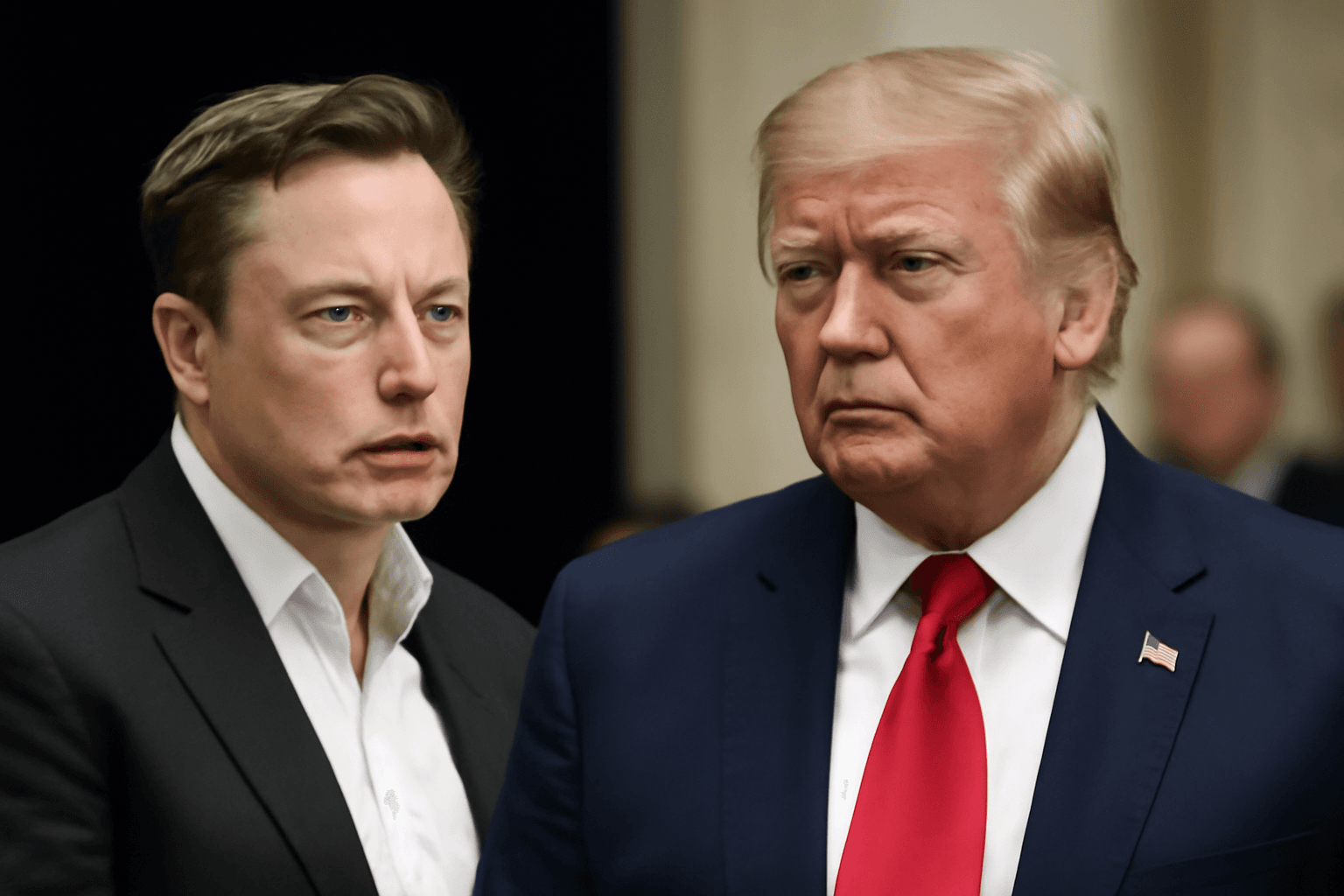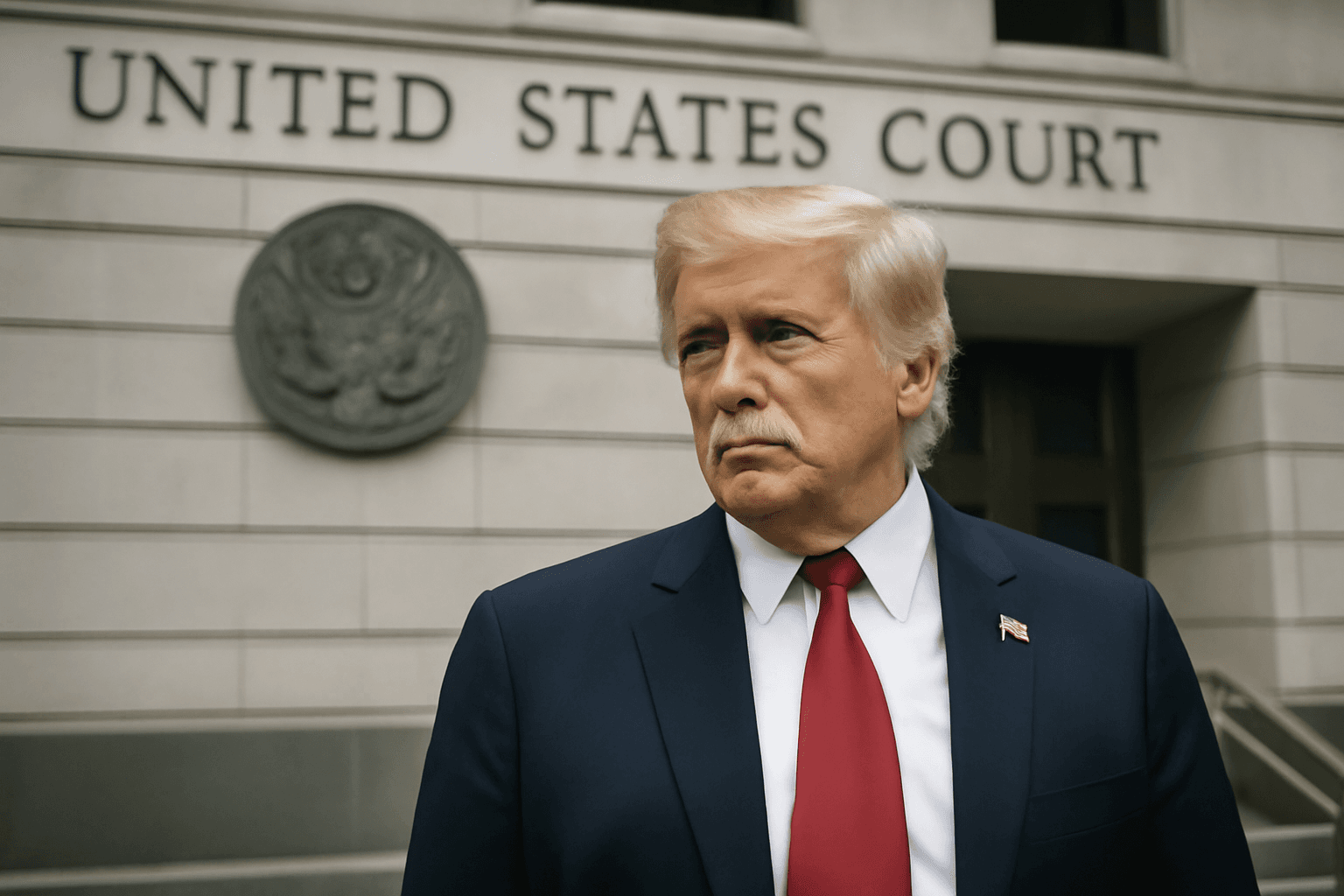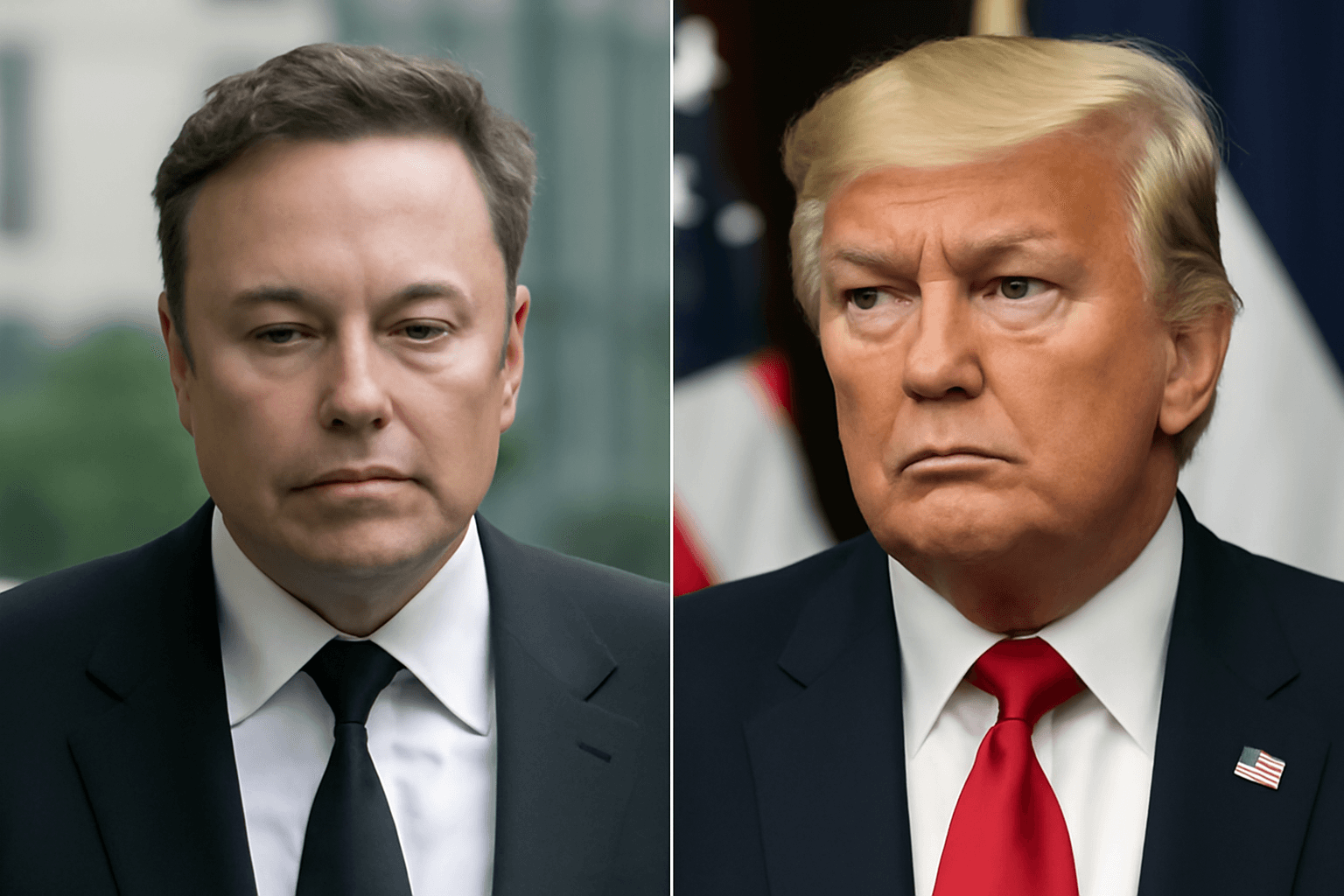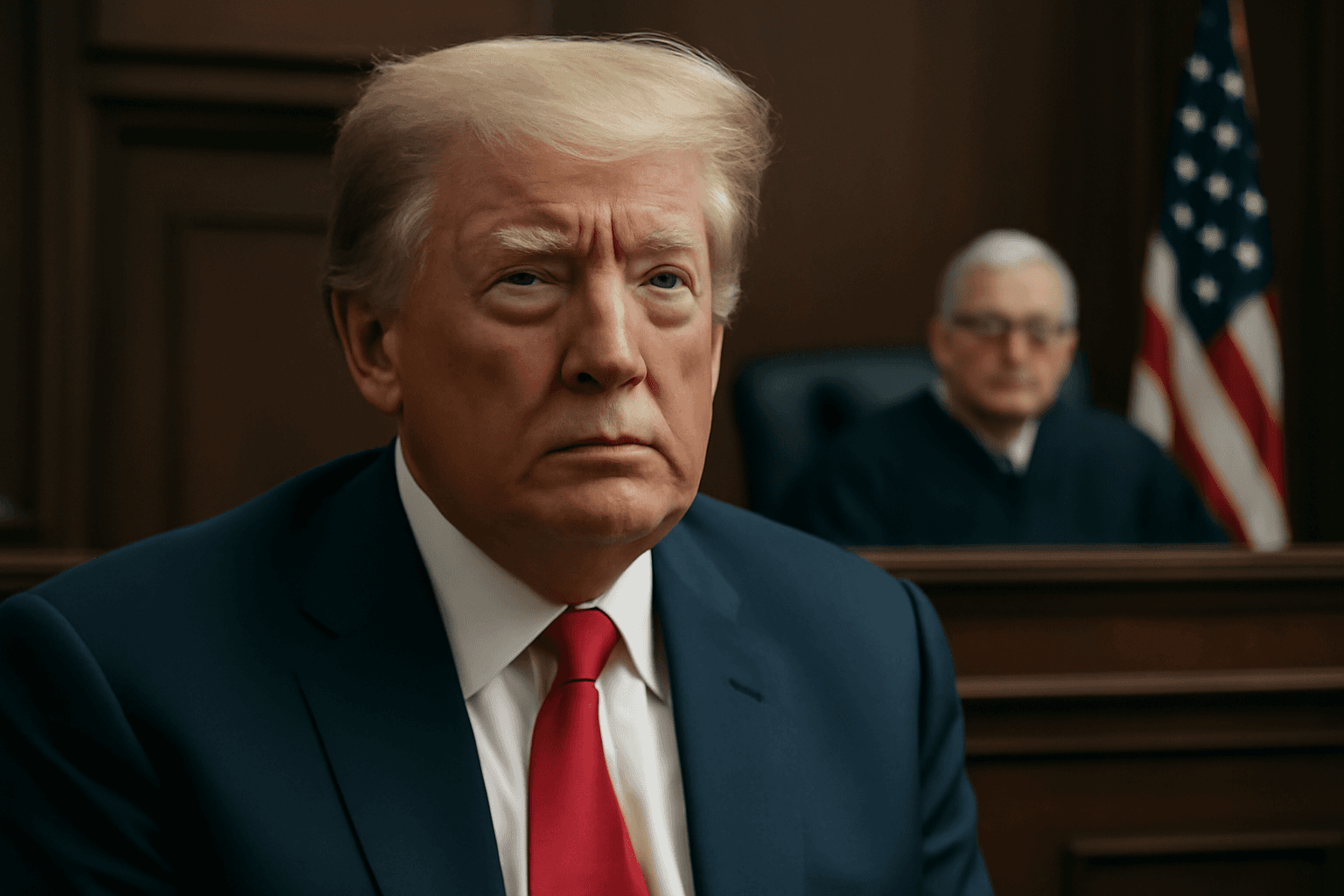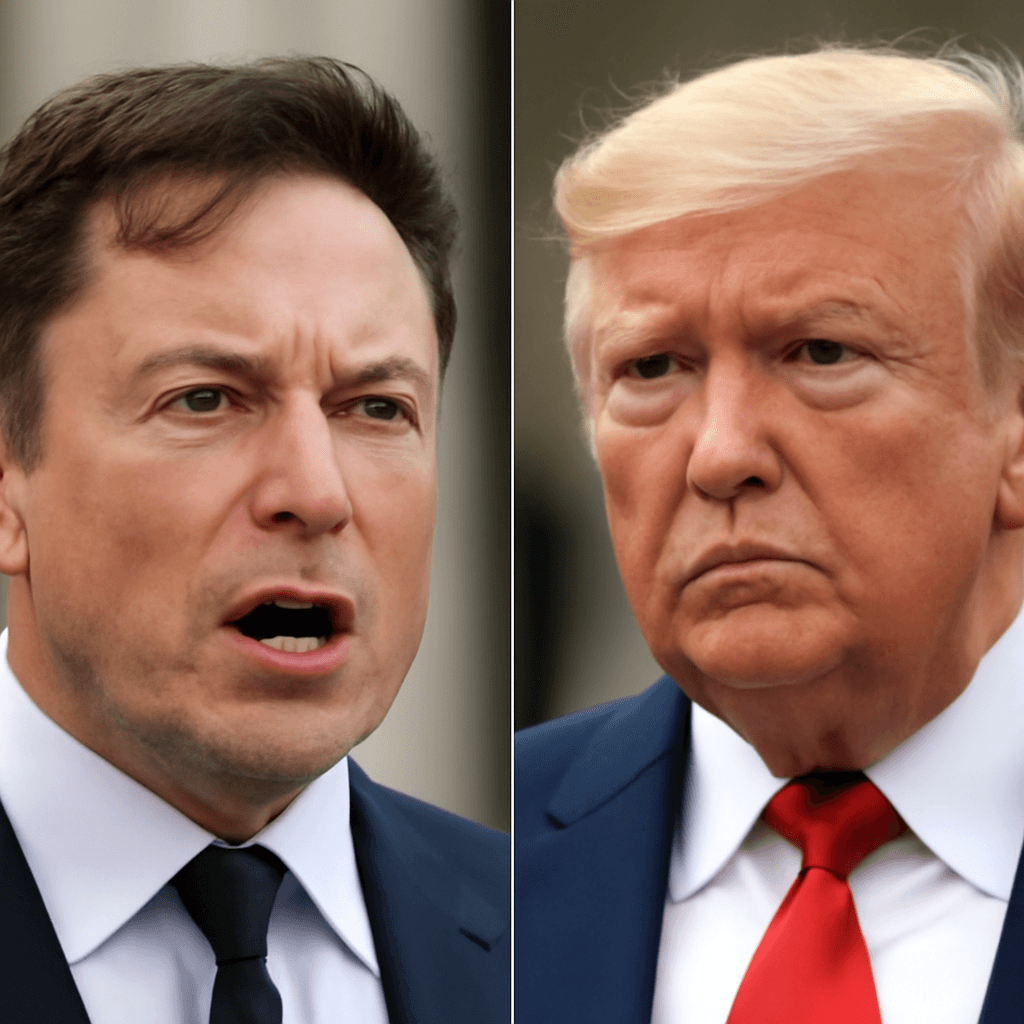Wall Street Raises Concerns Over Trump’s Massive Deficit Bill
Financial leaders are sounding alarms over the potential economic fallout from President Donald Trump’s proposed legislation, dubbed the ‘One Big Beautiful Bill’, which is projected to add $2.4 trillion to the US national debt over the next decade.
Industry experts warn that the bill threatens to push the national deficit to unsustainable levels, impair economic growth, and weaken the US dollar amid existing trade tensions and tariff policies.
Fiscal Implications and Economic Outlook
The Congressional Budget Office (CBO) estimates the bill would significantly increase the deficit while reducing government-supported benefits, potentially removing health insurance from 9.2 million Americans and food assistance from 4 million individuals.
Despite President Trump’s continued endorsements, key economic and political figures have voiced opposition. Even some Republican Senators have expressed reservations, highlighting the bipartisan concerns about the bill's fiscal responsibility.
Leading Voices from Wall Street
- Ken Griffin, CEO of Citadel, criticized the bill’s fiscal management, stating, "The United States’ fiscal house is not in order. You cannot run deficits of 6 or 7 percent at full employment after years of growth. That is just fiscally irresponsible."
- Larry Fink, CEO of BlackRock, warned about the looming fiscal crisis during a recent forum, emphasizing that the US is "going to hit the wall" unless economic growth reaches about 3% annually to offset increased deficits and debt. He highlighted concerns over the existing $36 trillion national debt combined with new spending.
Impact on the US Dollar and Trade Policies
Fink further observed that sustained deficits and tariff disputes could weaken the US dollar, noting that foreign entities hold 25% of US Treasury securities. This situation risks destabilizing financial markets amid ongoing trade tensions.
Griffin also questioned the administration’s trade objectives, challenging the desire to repatriate jobs shifting from China to lower-cost countries, and argued against pursuing a low-cost labor market strategy, deeming it economically unsound.
Summary
In summary, the proposed bill faces significant criticism from financial experts and some politicians for its potential to exacerbate the national debt and undermine economic stability. The concerns highlight the need for careful fiscal management and strategic trade policies to maintain growth and currency strength.

